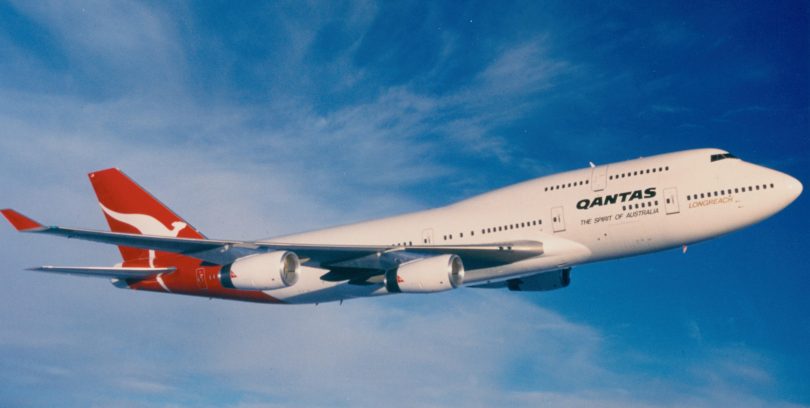Qantas Faces Significant Delays and Diversions Amid Escalating Middle East Tensions
Sydney, Australia – June 24, 2025
This content generated by Google AI and is a summary of global news reports
Qantas, like many global airlines including Qatar,.., is grappling with significant flight delays and diversions, impacting Australian travellers bound for Europe, as the escalating conflict between Israel and Iran continues to destabilize Middle Eastern airspace. Recent missile strikes and subsequent airspace closures have forced carriers to reroute, cancel, and turn back flights, creating a ripple effect across international aviation.
The latest escalation, including Iran’s retaliatory missile strike on a US air base in Qatar following earlier US strikes on Iranian nuclear facilities, led to the temporary closure of Qatari airspace, a crucial hub for flights connecting Australia and Europe.
While Qantas had already been avoiding Iranian and Iraqi airspace since June 12, the closure of Qatar’s skies further compounded challenges for its long-haul services.
Several Qantas flights have been directly impacted:
- QF9 from Perth to London was diverted to Singapore for refuelling, with passengers accommodated overnight.
- QF33 from Perth to Paris was forced to turn back to Perth mid-flight, with passengers also provided overnight accommodation.
These diversions have a cascading effect, impacting subsequent flight schedules due to aircraft displacement. Qantas has stated it is “monitoring airspace availability closely and will alter our schedule as required,” acknowledging that longer routings or airspace congestion may lead to further delays.
The situation underscores the critical role the Middle East plays as an air corridor between Europe and Asia/Australia, especially with Russian and Ukrainian airspace largely closed to most airlines since 2022. Airlines are now forced to consider alternative, often longer, routes, primarily via Azerbaijan, Turkmenistan, and Afghanistan to the north, or through Egypt and Saudi Arabia to the south. These extended flight paths not only increase travel times but also raise operational costs, primarily due to increased fuel consumption.
The Australian government, through its Department of Foreign Affairs and Trade (DFAT) and Smartraveller advisories, has urged travellers to exercise a high degree of caution and to expect disruptions when travelling to or through the Middle East. Foreign Minister Penny Wong emphasized that “there have been disruptions to flights with temporary airspace closures in the region,” advising Australians to seek updates directly from their airlines.
For affected passengers, Qantas has implemented a commercial policy allowing rebooking to another Emirates-operated flight (Emirates is a codeshare partner) with the same origin and destination, retaining ticket value in credit, or a refund if other options are unsuitable. However, travel insurance experts are warning Australians to carefully review their policies, as many exclude coverage for cancellations or delays caused by conflict or war.
While airlines like Qantas are prioritizing safety and making deliberate choices about flight paths, the unpredictability of the situation means travellers should remain informed, regularly check flight statuses, and be prepared for potential changes to their itineraries. The escalating tensions serve as a stark reminder of how geopolitical events can swiftly and significantly impact global air travel.






